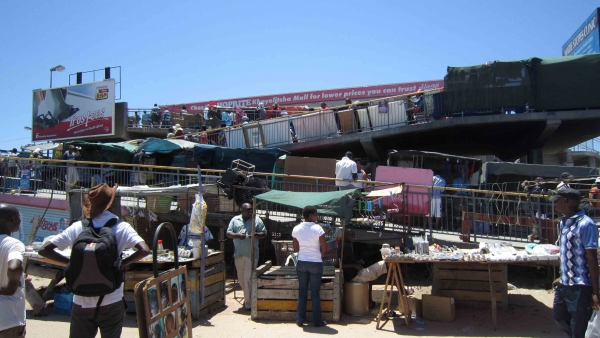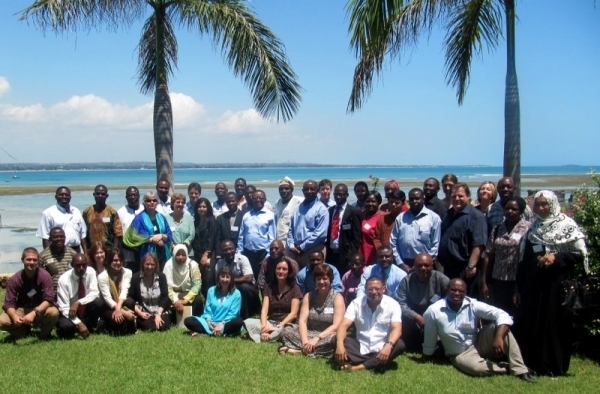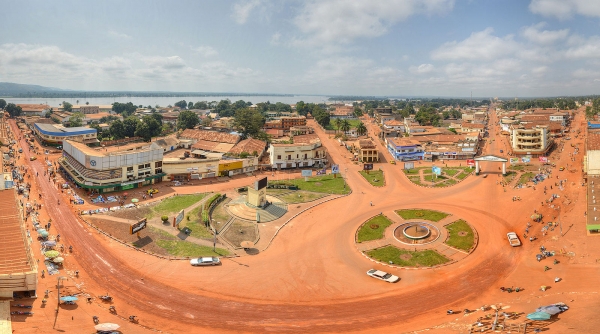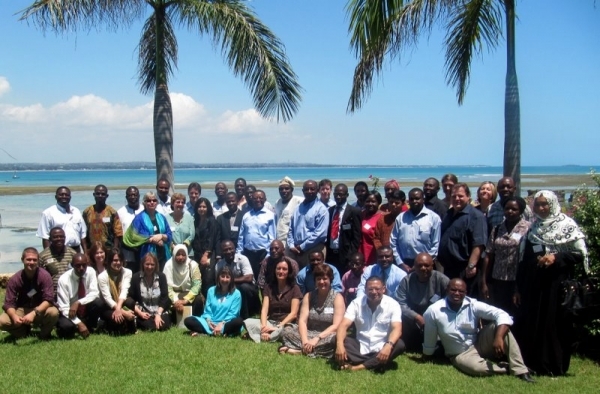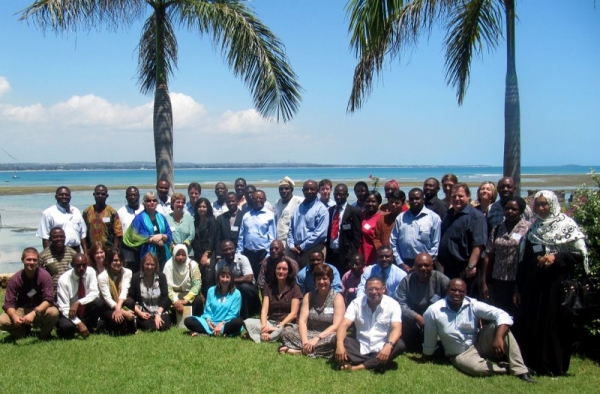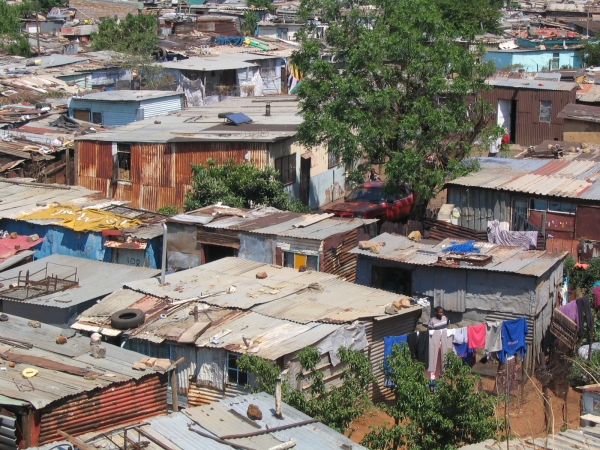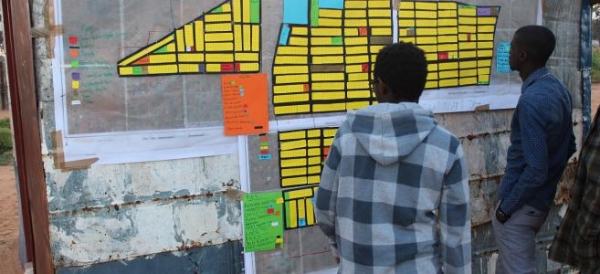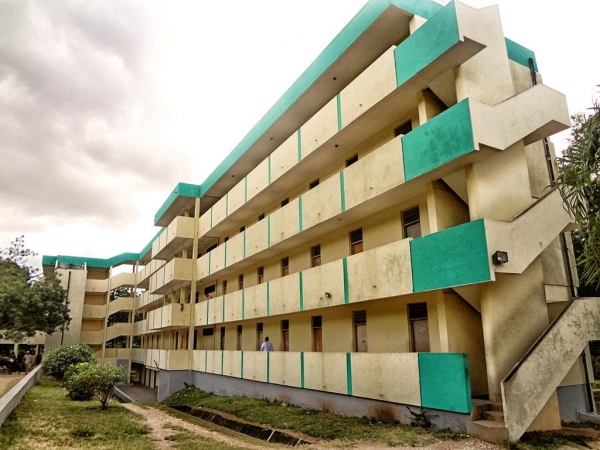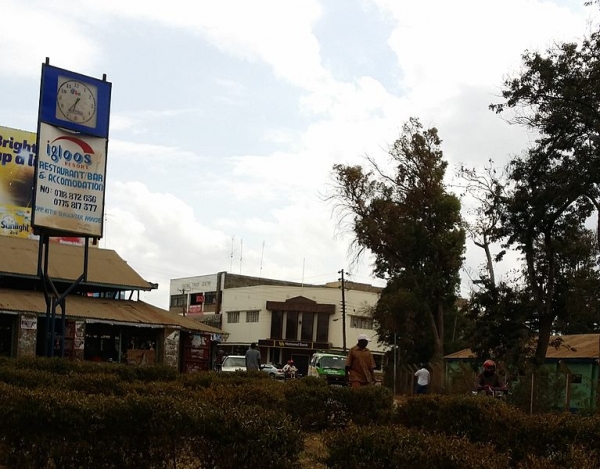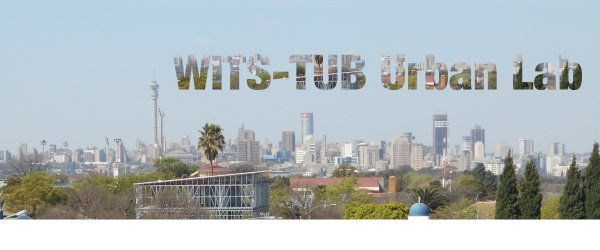The South African Cities Network (SACN) has published a report on the current and future state of urban food security in South Africa. The report is available for download here.
The report’s executive summary states:
There are currently high levels of food insecurity in South African cities. The SANHANES survey found national prevalence of households at risk of hunger to be 28% and those experiencing hunger at 26%. The equivalent figures in urban informal areas were 32% and 36% respectively. The figures are reinforced by case studies which consistently show high levels of food insecurity. With regard to trends: nationally food insecurity was in decline, but it appears to have plateaued. Ever increasing food prices and other price shocks suggest that levels of urban food insecurity are unlikely to improve.
Urban food insecurity is characterised by low dietary diversity, high malnutrition and obesity, and distinct hunger seasons. This is caused by both household and extra-household scale factors including: Household income, income stability, household structure, and household asset base. The extra-household scale factors include geographic access to a range of sources of food, access to transport and stability of food prices.
Households themselves engage in strategies to mitigate food insecurity, which may increase household vulnerability to food insecurity in the longer term. These include consumption smoothing and accessing credit.
The brief for the study requested a particular focus on urban agriculture as this is the most common programmatic response by municipalities to food insecurity. However, in reviewing national large-scale surveys and smaller case studies, very little evidence was found to support the assertion that urban agriculture is an effective means of addressing food insecurity for the most vulnerable households. Uptake of urban food production varies widely across the country, but is generally low. There is an extremely weak evidence base on what is being produced, by whom and how production impacts food security. Without such data the dominance of urban agriculture as the programmatic response cannot be justified.
Click here to download the report.
The report was authored by researchers involved in the Consuming Urban Poverty project operated by the African Centre for Cities.

